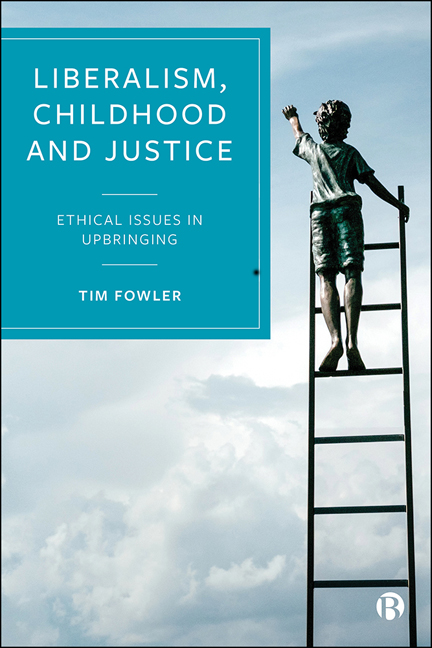Conclusion
Published online by Cambridge University Press: 25 February 2021
Summary
The central arguments of this book have been that children are owed a good environment in which to grow up and that adults are owed the stable and supported right to care for children if they so desire. In Part I, I explored how to conceptualize children's justice and how to measure whether children's interests are being met by their society. I showed why children's interests cannot be understood in terms of holding a set of resources, even if resources are understood in a very broad sense. When the subject of justice is understood to be adults, then it makes sense that the role of principles of justice simply be giving each person their fair share. This was the perspective taken by the two most influential liberal thinkers of the last century, John Rawls and Ronald Dworkin. I suggested their approach cannot cope with the needs of children, since children might have a fair share of economic resources yet grow up socialized into beliefs, values and practices that are harmful to their current and future flourishing. A theory of justice must, therefore, take holistic account of the various ways in which upbringing might affect a person's life, thus looking at its effects on children's well-being. To meet this challenge, I offered an objective list account of children's well-being which suggested that this is principally driven by the quality of their relationships with others. This theoretical shift implies a reconceptualization of what justice is about. Instead of justice being understood primarily as economic fairness, it must be seen as fundamentally about creating a society with norms and practice which foster flourishing interpersonal relationships, with a particular concern for the least advantaged children whose interests must be given priority.
To meet this challenge in Part II, in Part III I considered what implications this shift of aims has for liberalism. I showed that the case of children provided a powerful reason to favour liberal perfectionism over theories of liberal neutrality. Perfectionism requires that the state promote well-being among citizens by making it more likely that they adopt a sound conception of the good. The attraction of this approach is that some of the most severe threats to children's flourishing come from the ethical beliefs of fellow citizens, especially the possibility that children themselves might come to adopt these faulty ethical beliefs.
- Type
- Chapter
- Information
- Liberalism, Childhood and JusticeEthical Issues in Upbringing, pp. 171 - 174Publisher: Bristol University PressPrint publication year: 2020



